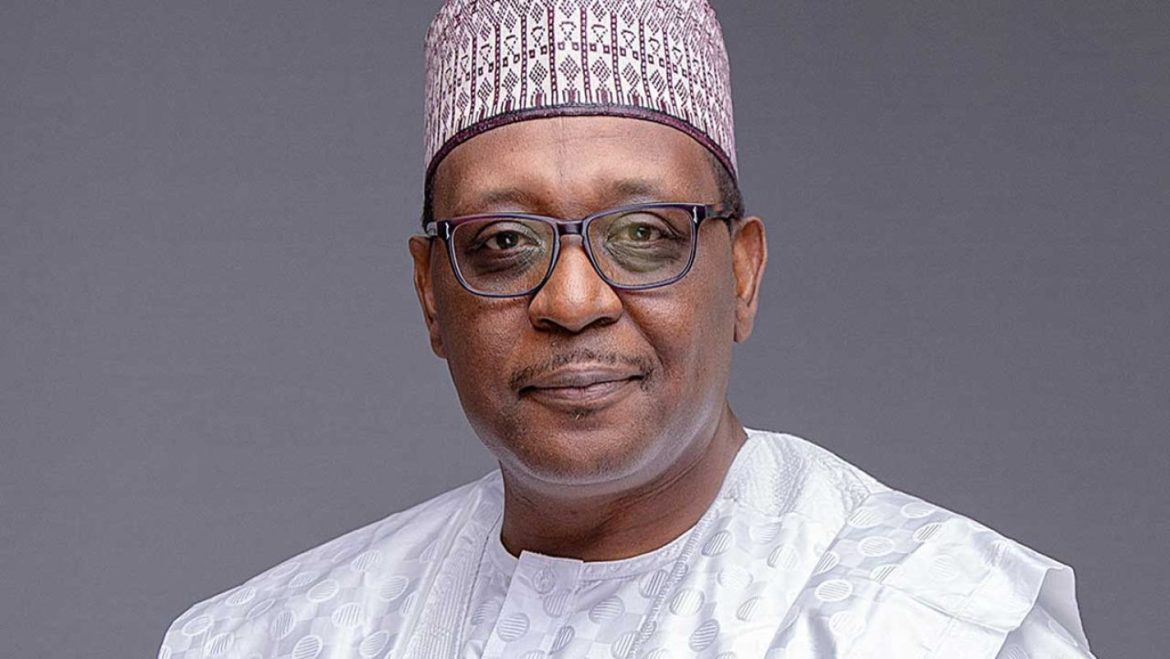By Muhammad Amaan
The Coordinating Minister of Health and Social Welfare, Professor Muhammad Ali Pate has raised concerns over the high cost of healthcare in the country, saying it is pushing many Nigerians deeper into poverty.
Speaking at a webinar organised by TheCable to commemorate its 10th anniversary, he said Nigerians face serious financial burdens when seeking medical treatment, especially for chronic or life-threatening illnesses such as cancer or kidney failure.
The webinar, titled, ‘Addressing escalating costs of medicines’, was aimed at igniting a comprehensive dialogue on the alarming rise in the prices of essential medicines and medical consumables across Nigeria.
In his remarks, the health minister stressed that the escalating costs of medical care are not only a threat to the health and well-being of citizens but also a significant contributor to the country’s poverty crisis.
While stressing that financing of the health sector and affordability has been a longstanding issue for more than 40 years, Pate lamented that less than 10 per cent of Nigerians are covered under health insurance.
He called for comprehensive health insurance reform to mitigate the financial burden on individuals and households.
Prof. Pate said there is an urgent need to ensure access to affordable and quality healthcare for all citizens.
“The financing of healthcare in Nigeria and its affordability has been a long-standing issue for more than 40 years. Less than 10 per cent of Nigerians have insurance, which means most of our financing for health care is out-of-pocket. Hence, when prices go up, the medically related, impoverishment due to the cost of medical care also goes up. Nigerians get thrown into poverty.
“Many of us are a few steps away from poverty because of care. If you have catastrophic illnesses like cancer or kidney failure, it’s easy because we don’t have a viable insurance platform and this is not today. This has been decades in the making to get to where we are today in terms of health insurance,” he said.
He added, “On the demand side, a massive effort is underway on reforming the health insurance landscape. We believe that if we can expand the health insurance landscape and have millions of Nigerians covered, then the ability of the system to pay for some of the costs of medicines, diagnostics and medical care will not be borne by individuals and households, but by a third party.
“The absence of a third-party payer contributes significantly to the strain individuals feel due to escalating prices. With an organized buyer in place, negotiation of prices and quality assurance become possible. This would ideally result in individuals only needing to make a co-payment or having medications readily available at the point of use.”
The minister, however, identified forex devaluation, and power supply as major factors responsible for the rising cost of drugs.
While acknowledging that the rising cost of drugs is part of a global phenomenon, he stressed the need for collaboration between the government and the private sector to implement effective solutions.
He highlighted the government’s efforts towards addressing the healthcare affordability crisis, including initiatives to unlock the healthcare value chain and promote local manufacturing of critical pharmaceuticals.
Pate also outlined efforts to improve the regulatory framework to ensure the availability of quality medicines and prevent the proliferation of counterfeit and substandard products.
He stressed the importance of regulating prices and enhancing the supply chain to protect consumers and promote market viability for legitimate manufacturers.
The minister underscored the importance of choosing the “harder way of industrialisation”, which may be tough in the short term but promises long-term benefits for the country’s economy and public health.
He added, “All in all, we are not unmindful of this challenge Nigerians are facing, just as we are facing a food crisis. There is a rise in food prices and that of other products that we don’t manufacture at home. Pharmaceutical prices also have escalated in cost over the last year or so. But is this a transitionary crisis? Nigeria is digging its way out of that.
“And I believe that in the next year or two, we’ll see things stabilise and that inflation that has gone up is likely to begin to stabilise and be under control.
“And as we industrialise, hopefully, we will mitigate against continued dependency on imports of critical life-saving commodities and even for the more expensive ones, the so rarely used oncological products. Hopefully, we can be able to have measures put in place to reduce the burden on Nigerians over time.
“There are two ways; the easy way and the hard way. I think we chose the easy way decades ago. The easy way is the harder way, while the hard way is the easier way.
“In the long run, we are now choosing the harder way, which is to industrialise. It’s tough but has to be done. And the industry is with us and we in the government, under the president’s leadership, are committed to ensuring that we pull through this harder way.”





1 comment
The commitment of Prof Ali Pate to health is resounding. And I see he is looking for private sector support, and I assure him that health should be a sector wide and stakeholder wide approach.
Private sector can do a lot more than funding, but with their funding, which will be the first priority, industrialization or improving coverage of care on the health insurance??? I got confused there.